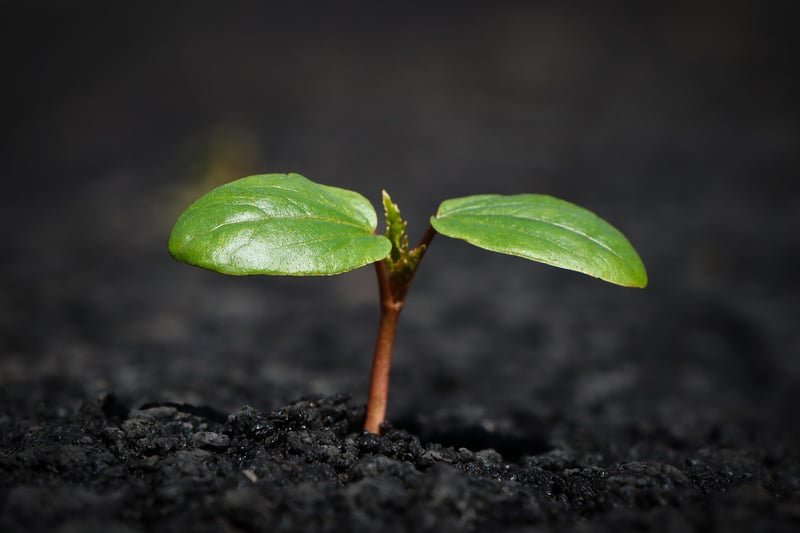Soil Health
How to Maintain Healthy Plants Through Soil Health
Having healthy plants starts with the foundation they grow in - the soil. By ensuring your soil is healthy, you can promote the growth and vitality of your plants. Here are some tips to help you maintain healthy plants through soil health:
1. Test Your Soil
Before you start planting, it's essential to test your soil. Soil testing can help you understand its composition, pH levels, and nutrient content. You can then make informed decisions about what amendments are needed to improve your soil quality.
2. Add Organic Matter
Organic matter, such as compost or well-rotted manure, can improve soil structure, water retention, and nutrient levels. Adding organic matter regularly can enhance the fertility of the soil and provide a better environment for plant roots to thrive.
3. Mulch Your Garden
Mulching your garden helps retain moisture, suppress weeds, and regulate soil temperature. It also adds organic matter to the soil as it breaks down. Use materials like straw, wood chips, or leaves as mulch to protect the soil and promote plant growth.
4. Rotate Your Crops
Rotating your crops can help prevent soil-borne diseases and nutrient depletion. By changing the location of your plants each season, you can maintain soil health and reduce the risk of pest infestations.
5. Avoid Chemical Overuse
Avoid excessive use of synthetic fertilizers and pesticides, as they can harm beneficial soil organisms and disrupt the natural balance of the soil. Opt for organic and natural alternatives to promote a healthy soil ecosystem.
6. Practice No-Till Gardening
No-till gardening minimizes soil disturbance, which helps preserve soil structure and microbial activity. By reducing tillage, you can prevent erosion, retain moisture, and enhance the overall health of the soil.
7. Monitor Soil Moisture
Proper soil moisture is crucial for plant growth. Monitor the moisture levels in your soil regularly and water your plants accordingly. Overwatering can lead to root rot, while underwatering can stress your plants. Find the right balance to keep your plants healthy.
8. Use Cover Crops
Planting cover crops like clover or rye during the off-season can help improve soil fertility, prevent erosion, and suppress weeds. Cover crops add organic matter to the soil and promote biodiversity, contributing to a healthier growing environment.
By following these tips and prioritizing soil health, you can maintain healthy plants in your garden and enjoy bountiful harvests year after year.

Image source: Pixabay
